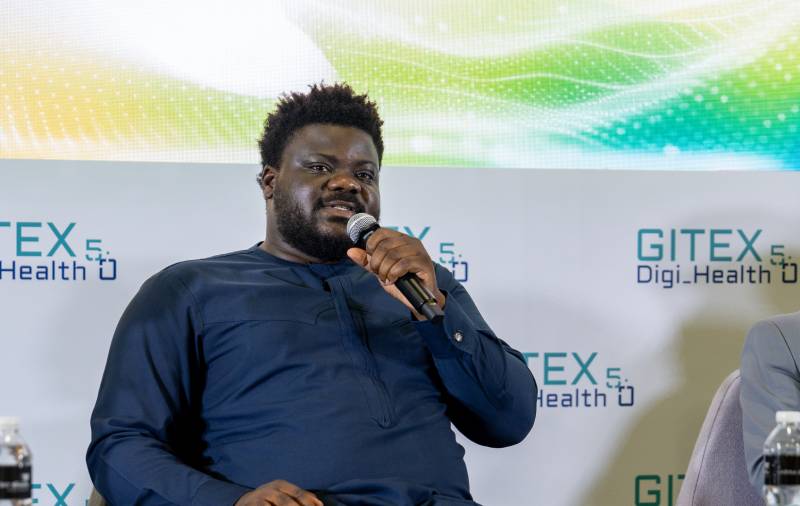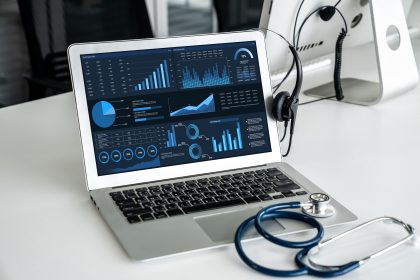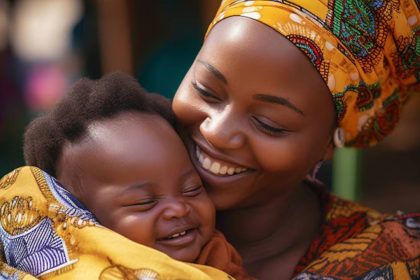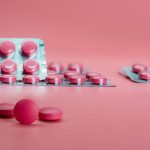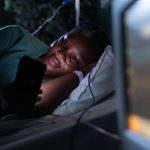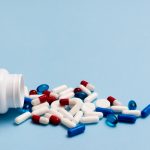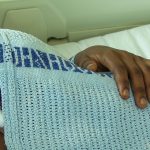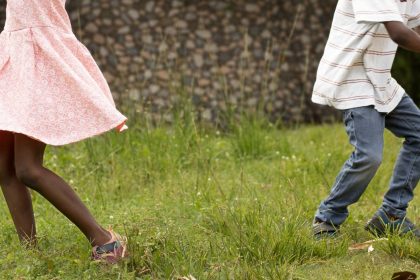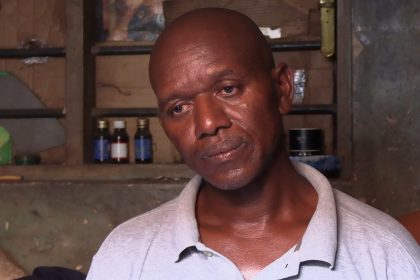Darlington Akogo, 29, has created a health AI system used in USA, India and tens of other countries. Little wonder Bill Gates flew him over for dinner.
As a child, Darlington Akogo waited six hours to see an ear specialist in Accra, Ghana, a frustration that later fueled his mission to transform African healthcare. What began as an effort to streamline doctor appointments evolved into something bigger: using Artificial Intelligence (AI) to solve systemic gaps.
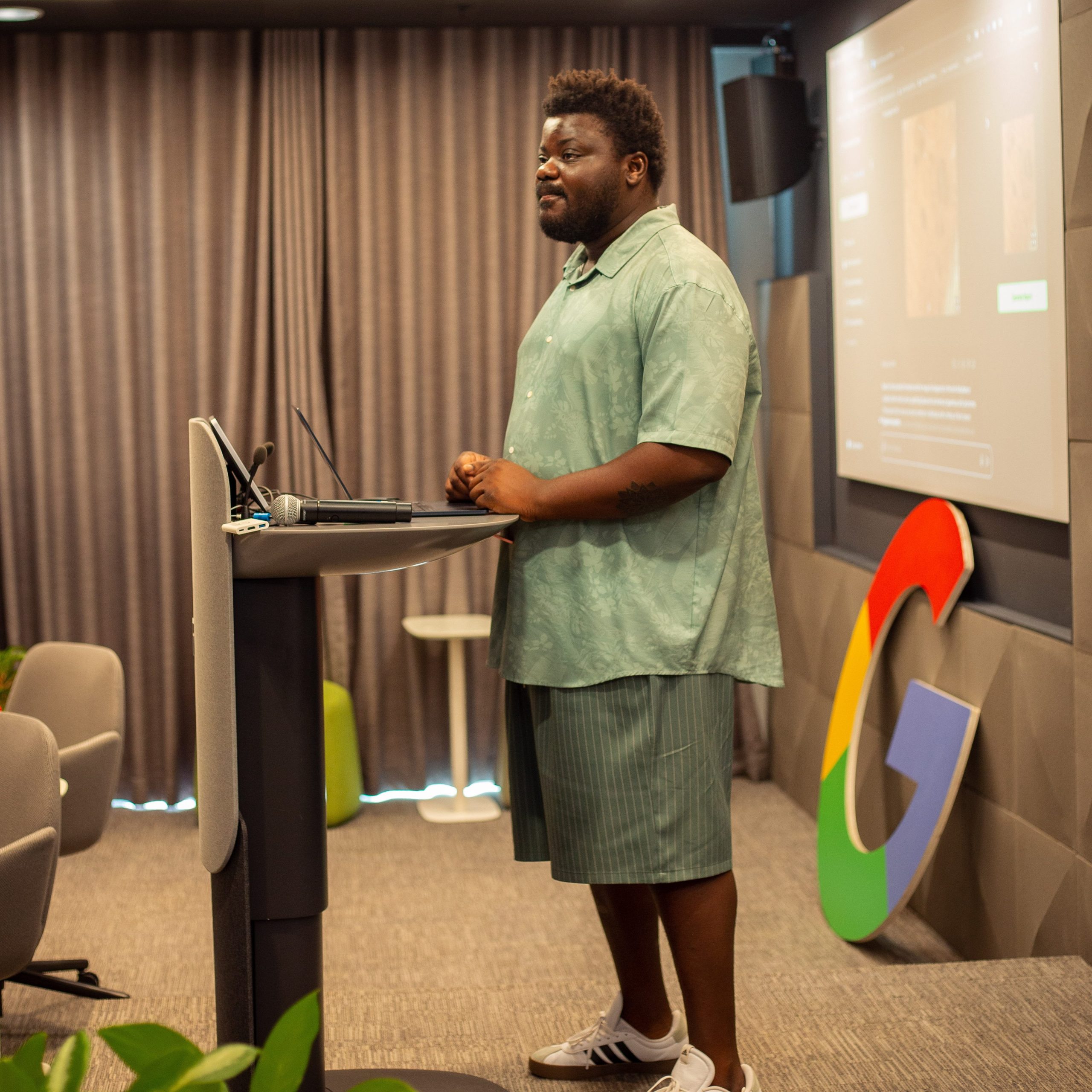
Now 29, Akogo has created health AI systems used in tens of countries, including USA, India and Pakistan for “designing new drugs end-to-end without any human involvement… AI systems that are diagnosing diseases to help detect cancers,” says Akogo who just returned from Barbados where his AI systems will strengthen state hospitals.
Akogo’s Moremi Bioagent AI can diagnose diseases, create treatment plans, and draft medical reports and “in five, in some cases two seconds, you have a medical report for something as complex as breast cancer,” asserts Akogo, who skirted attending college, preferring to be self-taught as he couldn’t stand structured learning.
The company’s AI system now supports 30 different medical imaging modalities, including X-rays, mammograms and microscopies, demonstrating the breadth of diagnostic capabilities beyond the initial claims.
“We’ve built an AI system that is literally designing drugs, antibodies, small molecules, for HIV, malaria, cancer using tools with which biologists today would take a month, and which we have reduced to three minutes, done entirely by an AI system without any human being in the loop,” explains Akogo.
He is also helping African farmers detect crop diseases that destroy 40 percent of yields
His slice of AI empire also includes agricultural AI company, KaraAgro which is helping African farmers detect crop diseases that destroy 40 percent of yields and thus helps in addressing food security. There is also Runmila AI Institute focused on AI and Data Science training, and Gudra AI Studio for advancing AI applications across multiple sectors.
But it’s the Moremi Bioagent that has gained international academic attention, with recent research papers examining its capabilities and potential applications. Studies have shown that AI systems like Moremi have dramatically shortened drug discovery cycles by up to 40 percent and improved molecular target identification, providing concrete evidence of the system’s claimed efficiency gains.
Walking into the headquarters of Akogo’s Mino Health AI in Ghana’s capital, Accra, one is struck by the fact that the staff hardly looks a day over 30. But curiosity, a good educational background, and good old hard work have built a team with capabilities beyond their years. Akogo’s 17 published research papers and backing from giants like Nvidia, GIZ, and the Gates Foundation suggest the skeptics who once doubted him have been proven wrong.
Beyond individual diagnoses, his AI Health’s systems are being deployed systematically across healthcare facilities.
For healthcare, the Moremi bioagent is fed information from hospitals in Ghana, or from any location like Nigeria which gives the AI system access to the country’s health database, and not just the diagnoses or results of the 2500 patients a doctor might see in a month, but data on millions of cases: X-rays, blood tests, family medical history of the specific patient.
The Health Ai can figure out whether patients are genetically predisposed to certain ailments
It considers regional trends with diseases and illnesses. It reviews treatments, what has worked and what hasn’t. It can even access the patient’s genomics and figure out whether they are genetically predisposed to certain ailments.
“The thing about hiring highly ambitious people that are driven by problem solving and aspiration is that we never hesitate,” Akogo crows, adding, “This is a start-up and mad effort and hours required to make it work. We are essentially competing with people who have way more resources than we do. We are not competing with people in Accra, in Ghana, we are competing internationally. And it means that with what we just released, one of our new agents, Moremi bioagent, we are competitors against initiatives from Google.”
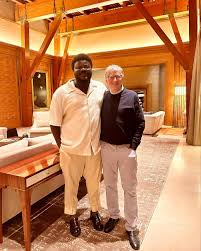
So influential is Akogo in global AI conferences, Microsoft founder Bill Gates flew him to Massachusetts for dinner once- and Microsoft has financially come through for the man who has been named one of the Global Top 100 Most Influential Africans in Healthcare.
Just this June, Akogo was named to Forbes Africa’s prestigious 30 Under 30 Class of 2025 list, cementing his status as one of the continent’s most promising young innovators. This recognition comes alongside his appointment as an expert consultant by the African Union to help develop the AU-Artificial Intelligence Continental Strategy, confirming his role in shaping Africa’s AI future.
Indeed, Akogo knows Africa is where there’s the biggest need for faster, more accurate and cheaper healthcare. He cites the example of Ghana where once “shortage of doctors was one for every 10,000 people. Now it’s one doctor for every 7000, 8000” but Malawi is worse as “it’s one doctor for every 60,000 people,” says Akogo arguing that “African countries need to develop as much as European countries, so that human life can be worth the same.”
The Health AI is about making medicine more available, efficient, cheaper, especially in Africa
Akogo’s family moved to Italy when he was young and his folks encouraged him to make his ideas a reality in Europe or even America. Which he did and returned to Ghana since “I would have felt really horrible if I was sitting in the US, having AI systems in a bunch of US hospitals, knowing damn well that, in the country and the continent I came from, where there is much more need for better systems in health care, it was abandoned. So, this is ground zero if you want to solve health care problems. It is right here in Africa. It’s right here in Ghana.”
Do not get this wrong, though. Akogo is not about cutting humans out of the health process. His systems are built to aid health professionals, not replace them. And they are about making medicine more available, more efficient and cheaper, for humans across the globe. But especially in Africa.
His systems, which are constantly growing and developing, have the potential to revolutionise medicine. But not everyone understands how this will happen. Many people think that AI is just chatting with bots, asking questions and getting answers like you might from a search engine. But it is so much more.
According to Prof Tom Kariuki from the Science for Africa Foundation, “AI has the potential to revolutionise global and digital health in Africa. By investing in AI-led innovations, the SFA Foundation is empowering Africa’s researchers and innovators to lead the way in addressing the healthcare challenges that have long affected our communities. This initiative marks a pivotal moment in African-led digital innovations, allowing us to harness AI’s transformative power for the benefit of all Africans and beyond.”
Akogo’s system today will help doctors diagnose patients and help them get quicker and more accurate treatment.
Despite advancements in artificial intelligence, unresolved challenges continue to hinder its potential and impact across various industries.
As Akogo advances his innovation, financing, regulations, infrastructure, and data issues remain the biggest challenges that must be addressed to help Africa fully achieve the advantages of AI in healthcare.
Thuku Kariuki and Daniel Furnad are filmmakers who recently visited Ghana.



